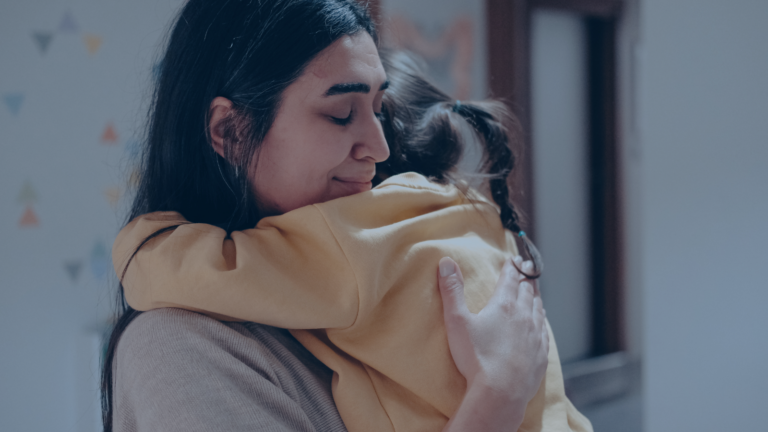The summer holidays are the happiest time for most children, who can enjoy a carefree break from school. However, forced marriage concerns means that for far too many, the school holidays are a time of fear and dread.
Over the last two years, the Forced Marriage Unit (FMU – a joint venture between the Home Office and the Foreign and Commonwealth Office) reports an average of 350 forced marriages taking place during the summer break, usually involving young people who have just completed their GCSEs or A levels.
The Home Office defines forced marriage as “a marriage conducted without the valid consent of both parties where duress (emotional pressure in addition to physical abuse) is a factor.” And “force” itself is defined in the Forced Marriage (Civil Protection) Act 2007 as meaning to “coerce by threats or other psychological means.”
It is worth pointing out a common misapprehension here: forced marriages are not the same as arranged marriages. In arranged marriages, families take the lead in arranging a match, but the couples involved always have a choice about whether to get married. In a forced marriage, there is no choice. It is an abuse of human rights and can be a form of domestic, as well as child abuse.
Forced marriage concerns during trips abroad
Sometimes, victims of forced marriage will simply be expecting a holiday abroad to visit family. It is only when they arrive that they discover that marriage has been arranged for them. However, many victims do suspect their family’s intentions and one of the first things noticed by the people around them is anxiety about an impending holiday.
There are also other signs to be aware of, such as increased social isolation and parental control, unauthorised absences from school or work and depression or self-harm. It is unlikely that the potential victim will feel able to disclose their concerns to you, but if you have noticed a pupil, friend or colleague displaying any of these characteristics, you should contact the FMU. If you can get details of the return date from the ‘holiday’ and if your friend, pupil or colleague does not return, you can seek a forced marriage protection order. You can contact us for further advice on this.
If you have forced marriage concerns for yourself, there are a number of steps that you can take to prevent the marriage from taking place. If you are concerned that your family will force you into marriage during a holiday that you still intend to go on, you should be aware that they may stop you from holding onto your own passport and could prevent any means of communication with the outside world.
You should, therefore, take photocopies of your passport, leave one with a trusted friend and let them know when you are expecting to return, so that they can alert the authorities if you do not come back. You should also keep a copy hidden among your belongings, with the telephone number for the British Embassy in the location you will be visiting (you can find this on the Foreign and Commonwealth Office’s website).
If your suspicions are strong, you can take out an Order protecting you from a forced marriage. It is important that you take legal advice at an early stage to know your rights and discuss your options. The list below sets out the types of Orders that can be made to protect you:
- To prevent a forced marriage from occurring;
- To hand over passports;
- To stop intimidation and violence;
- To reveal the whereabouts of a person;
- To stop someone from being taken abroad;
- To prevent contact; and
- To change a name.
The FMU will assist anybody who is concerned about forced marriage. You can contact them by emailing [email protected] or phoning (+44) (0) 207 008 0151 between 9-5pm Monday to Friday. There is an emergency duty officer who can be contacted outside these hours on (+44) (0) 0207 0081500. There are also many local support agencies that can assist with emotional and practical support, such as providing safe housing or obtaining benefits.
For advice and information about any forced marriage concerns, contact Lyons Davidson’s Advoca team on 0117 904 6000 .



